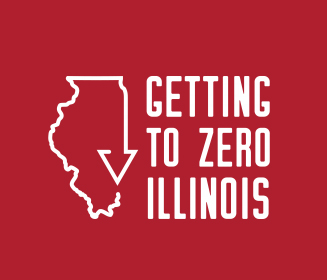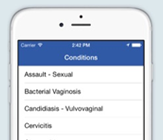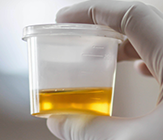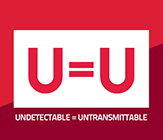Sexually Transmitted Infections (STIs)
STDs, also known as sexually transmitted infections or STIs, refer to many different infections including gonorrhea, chlamydia, HIV, syphilis, herpes, HPV (warts), Hepatitis, trichomoniasis and more.
STIs are very common. People of all ages and backgrounds can get an STI. There are 20 million new STI cases in the U.S. every year. Half of these are between 15 and 24 years old.
Anyone who is having sex can get an STI. STIs can be passed from one person to another through anal, oral or vaginal sex, or direct skin-to-skin contact. If left untreated, STIs can lead to long-term complications, such as severe pain, pregnancy outside the uterus, infertility, loss of eye sight, birth defects, certain types of cancers and an increased chance of receiving or giving HIV. Learn more .
Explore STI Prevention Resources
Parental Consent
If you are 12 years old or older you do not need parental consent to be tested or treated for an
STD. However, if you are able to speak with your parent(s) or a trusted adult, that is recommended.
Updated September 20, 2025, 6:42 PM
















